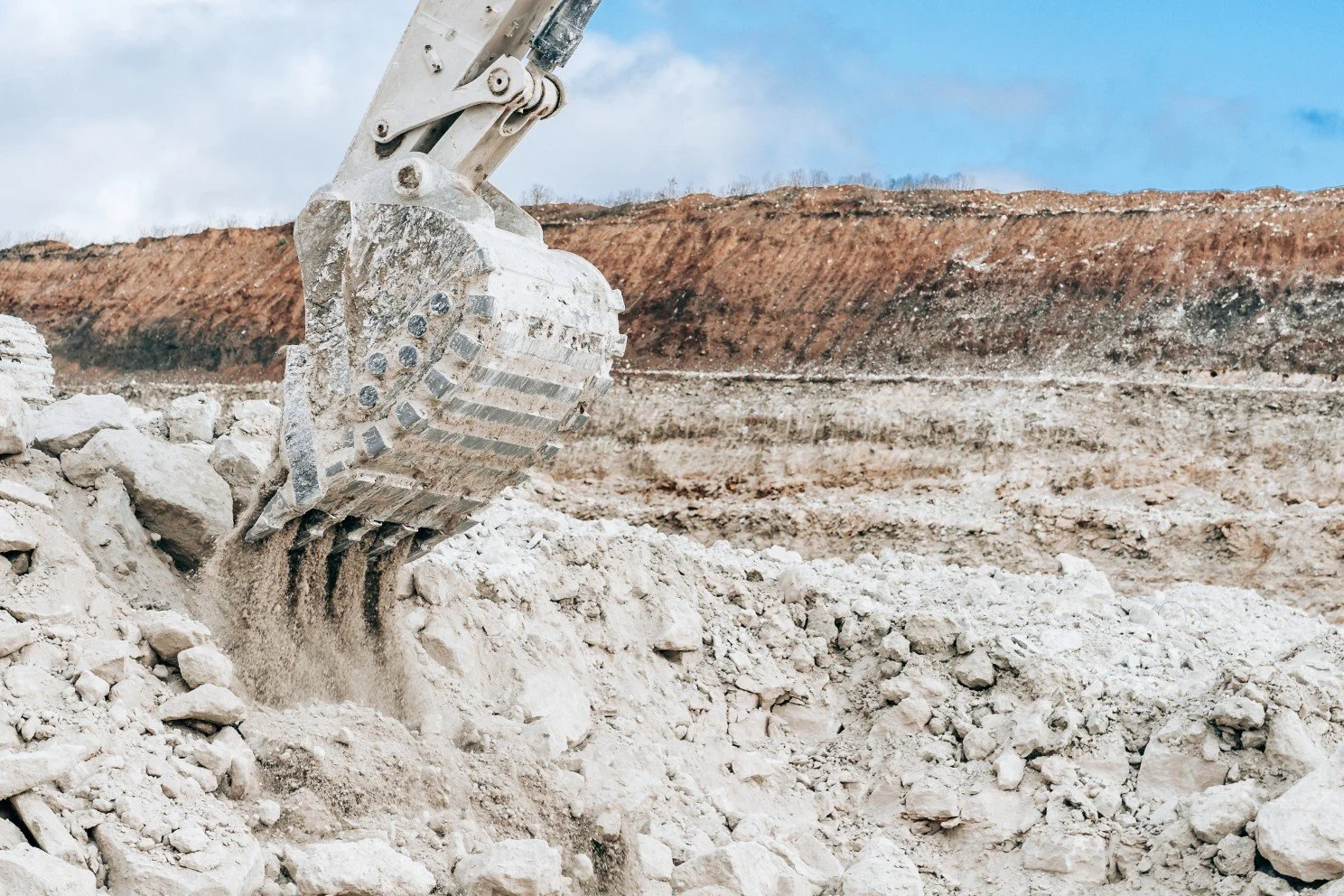The Ethical Card Tower
The collapse of Mineral Resources' ethics committee – culminating in the resignation of all three of its members in a matter of weeks – underscores the fragility of ethical leadership in modern governance. When it comes to light that your founder and managing director has questionable transactions and tax dealings, it’s unsurprising that a shockwave that close to the top of the card tower takes out a whole lot more.
The committee itself is hardly to blame – it was put in place to restore reputation and trust in an exercise about as fruitful as saving said card tower mid-topple. Board reviews revealed more indiscretions as trust in MinRes established over twenty years began to evaporate.
antonpetrus via Envato
And yet, while the fall from grace at the top end of the organisation has been well publicised, the cultural ramifications of this behaviour are sure to run deep.
Interchange has first-hand experience reviewing the culture of organisations where the ethical decision-making has been publicly slammed. As might be expected, the reports that make their way into mainstream media are just the tip of the dirty laundry iceberg.
Ethical erosion can occur at any level of an organisation. When junior staff overlook misdeeds, when mid-level managers choose compliance over courage, and when internal concerns are met with apathy, fear or dismissal, a culture of quiet complicity forms. The breakdown becomes systemic.
Kohanova via Envato
Recent academic research supports this, exploring how ethical leadership isn’t just about senior decision-making — it’s about role-modelling, accountability, and the creation of systems that make values actionable at every tier. This study – one of many – shows that when leadership fails to set or reinforce ethical standards, or when structures like ethics committees lack authority, organisations leave themselves exposed not just to compliance risks — but to cultural collapse.
Ethical decisions don’t come with flashing lights and warning sounds. They’re often subtle and nestled in the shades of grey, and a commitment to ethical leadership is an undertaking likely to be tested daily. Sure, committees, whistleblower systems, internal audits can work if they’re granted real authority and transparency. But the real job lies in the minutiae, of your words, behaviours and decisions. What signals are you sending?
Talk to Interchange about how we help organisations turn ethical intent into lived experience.



